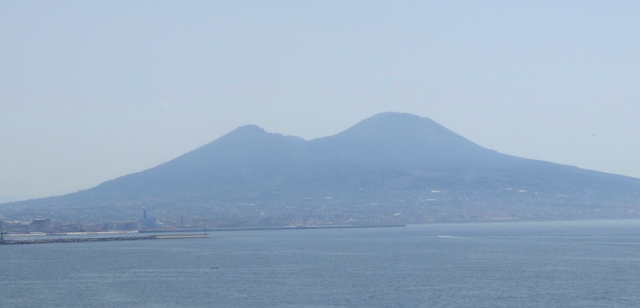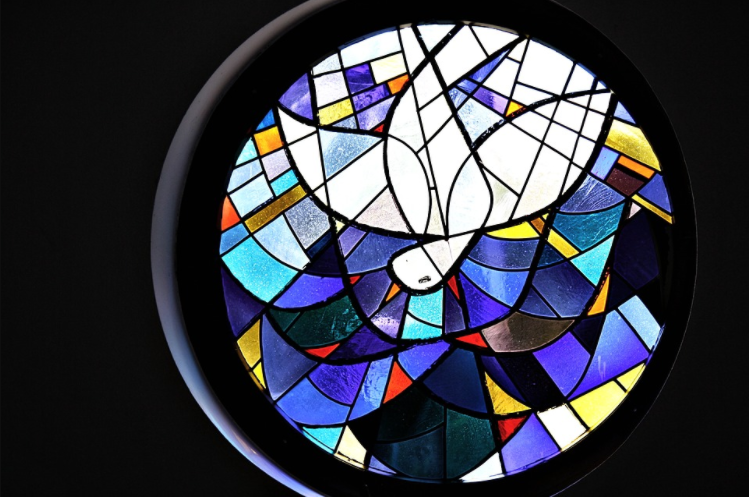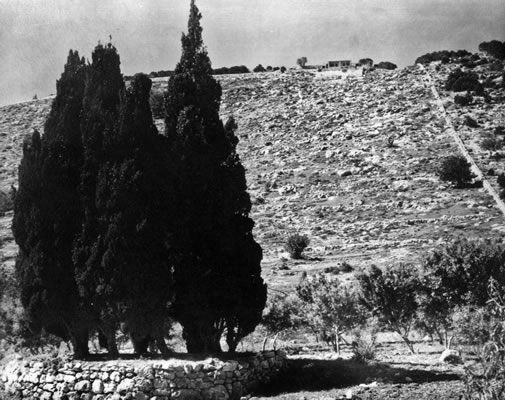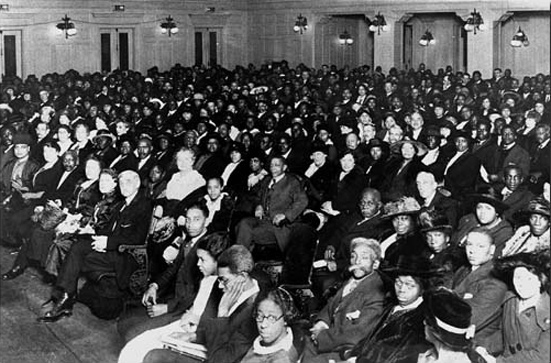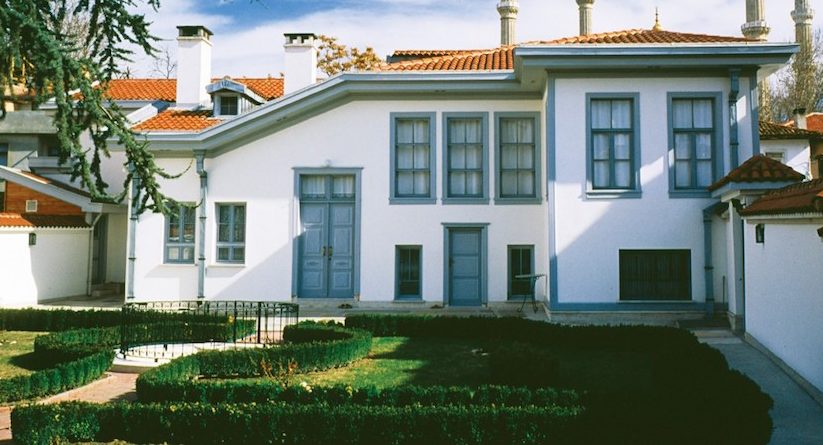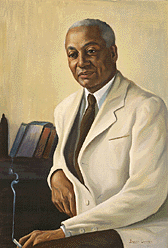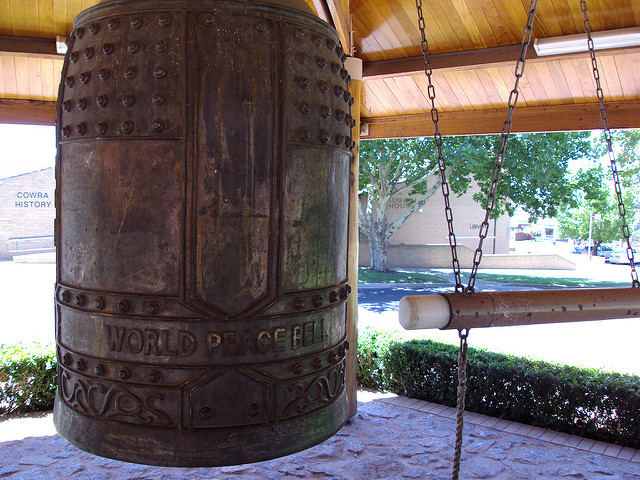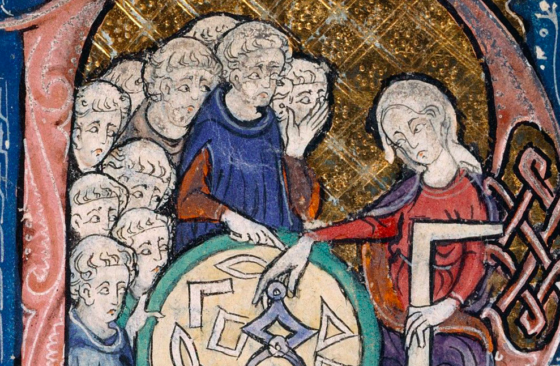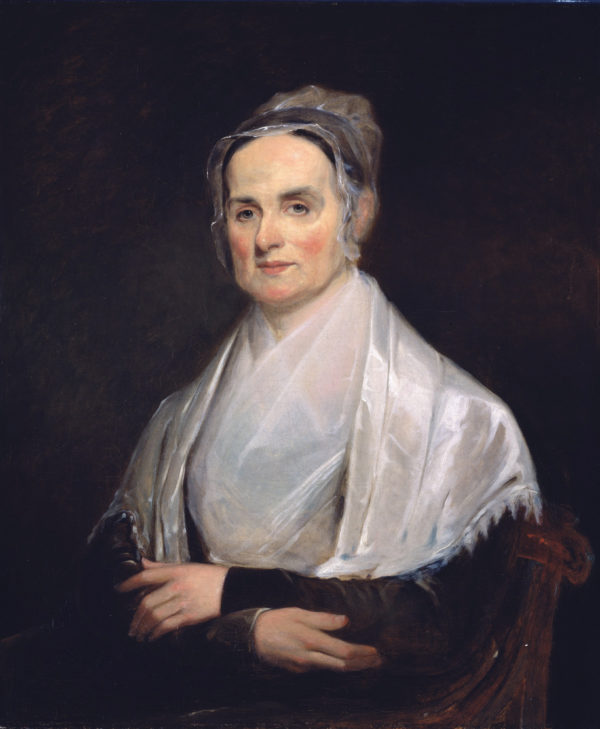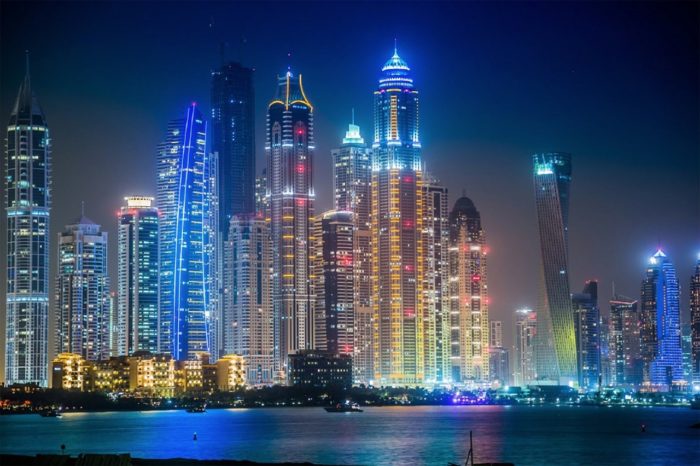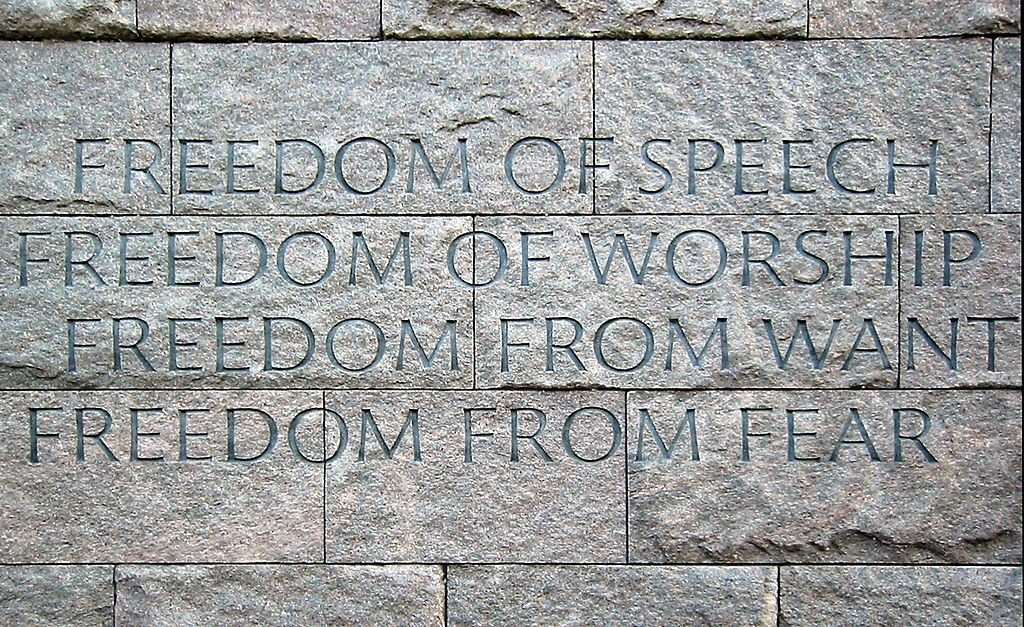foreignness
Much of what is published on this site relates directly to the question of foreigness: or thinking of people as being "foreigners". Because of its pervasiveness it is important to challenge the assumption that it is OK to treat non-citizens differently - that they are somehow less entitled to human rights. Many articles explore how we unconsciously think in this way.
-
Italian Stories: From the Godfather to the Fortunate Pilgrim
This story is written from Australia: far from Italy. Yet for me these two places will always be connected, for I was born in one and have grown up and lived in the other. It takes some making sense of – this life spread across half a globe. Somehow the neat boxes that society creates – this country here – that country there – find no place in my heart. How can I apportion my left ventricle to one land and my right to another? There is a problem with this tale which parcels out the world in separate lands; for inside my one human body I carry stories from…
-
Civilization and its Excesses
Bahá’u’lláh called on all human beings to work for the advancement of civilization, yet he also warned of the danger of carrying civilization to excess. All men have been created to carry forward an ever-advancing civilization.[1] And yet: If carried to excess, civilization will prove as prolific a source of evil as it had been of goodness when kept within the restraints of moderation. Meditate on this, O people, and be not of them that wander distraught in the wilderness of error. The day is approaching when its flame will devour the cities….[2] Bahá’u’lláh wrote in the 19th century. His insight of the approaching danger saw far ahead of his contemporaries, who tragically could not see the appalling dangers ahead. The following is from an…
-
We Are One – Bahá’u’lláh’s Teachings Against Violence
Human beings are not inherently violent. But that we have a problem with violence is undeniable. How many times have prophets, poets, philosophers and philanthropists of all kinds called us to love and peace? Yet how many times have human beings found (indeed continue to find) excuses for violence? In this article five aspects of Bahá’u’lláh’s teachings against violence are discussed: individual violence, religious violence, political violence, domestic violence and interstate violence. An aspect of the oneness of humanity – that human beings ought be like “one soul and one body” is that violence between human beings ought become a thing of the past. Bahá’u’lláh wrote: … it is Our purpose, through…
-
We are One – Overcoming Racism: Part 2
As introduced in yesterday’s article, racism is entirely incompatible with Bahá’u’lláh’s teachings. Close your eyes to racial differences, and welcome all with the light of oneness.[1] As Westerners began to join the Baha’i Faith early in the 1900s, it was clear that racism would need to be addressed, and ‘Abdu’l-Bahá, Bahá’u’lláh’s eldest son, set out to do so. Indeed ‘Abdu’l-Bahá began this work from the earliest visits of Western pilgrims who came to see him in the early 1900s to learn about Bahá’u’lláh’s teachings. In 1911 he invited Louis Gregory, an African American lawyer, to visit him. The pilgrimage not only had a profoundly transformative spiritual impact on Gregory but provided opportunities for ‘Abdu’l-Bahá to stress…
-
Silence
Silence. One day I visited a bookstore. It’s one of those clinging to survival in an increasingly post-book world. Aimed at a “discerning” audience it carries a rich diversity of titles – fiction and non-fiction on virtually every topic. It is particularly well stocked with historical works – Europe, America, Australia, Germany, Britain, France and others. Plenty to choose from. But that day I was looking for Italian history. I was looking for my history, for “Italy”. I found the Italian history section. It consisted of two books. One was a book on Simon Bolivar, the great liberator of South America, misclassified as “Italian”. The second was a book on the mafia. Here was all…
-
Cowra Peace Bell tolls a warning
As many know, Cowra once held a Japanese prisoner of war camp. The tragedies that happened there when the prisoners tried to break out, has become the stuff of Australian legend. Less well known is that Japanese civilians were also interned in Cowra during the war. Some never left Cowra. A World Peace bell, donated by the World Peace Bell Association, was erected in Cowra in 1992, in recognition of the city’s contribution to peace and its enduring connections with Japan. I wrote this poem after a visit to Cowra. The Cowra Peace Bell, like those erected in other cities around the world, follows a traditional Japanese design. In Japan…
-
Adelard of Bath: When English Kings Studied the Learning of the Arabs
Once upon a time, Norman kings of England studied the learning of the Arabs. A strange story indeed, largely forgotten. At that time the “English” were subjects of their Normans rulers. And Norman “cousins” also ruled in another island to the south. Before they arrived it had been called the Emirate of Sicily. The hero of our story is Adelard of Bath (1080s-1150s): an English scholar monk greatly learned in ancient and foreign tongues. The secret languages of science he acquired: Greek, Latin and Arabic. Born in England, and likely an Anglo-Saxon himself, Adelard travelled widely. His life took him on long journeys – France, Southern Italy, Sicily, Greece, Syria and Palestine. As…
-
The Middle West hiding in the Middle East
There is something wrong with the term “the Middle East”. To come straight to the point, it should really be the Middle West. Of course it won’t escape the reader’s attention that this thought bubble occurs in a moment angst about the relationship between the “West” and “the Middle East”. And in the western public mind, as projected by popular media, danger lurks everywhere. Some dangers (religious fanaticism and terrorism) are sadly all too real – and the victims are all over the world, although it has to be said largely in the Middle West. Other existential dangers are well, fanciful. The “burkini”, or to describe it accurately “modest” or…
-
Beginnings Old and New
It might seem odd to start an article about beginnings by talking about the end, but that’s the whole point. Our assumption is that time is linear. The beginnings are behind us, and, inexorably, we will arrive at “the end”. And culturally, much of our story telling encourages us to have the sneaking fear that our collective end will be horrible. The dystopian stories of our future – the amplified dysfunctions of our time are the common fare of movies such as Gattaca, and Elysium. Our accounts of the past also forebode bleak “end times” story as is the case in Agora. The list is endless, but includes movies such as the Planet of the Apes,…
